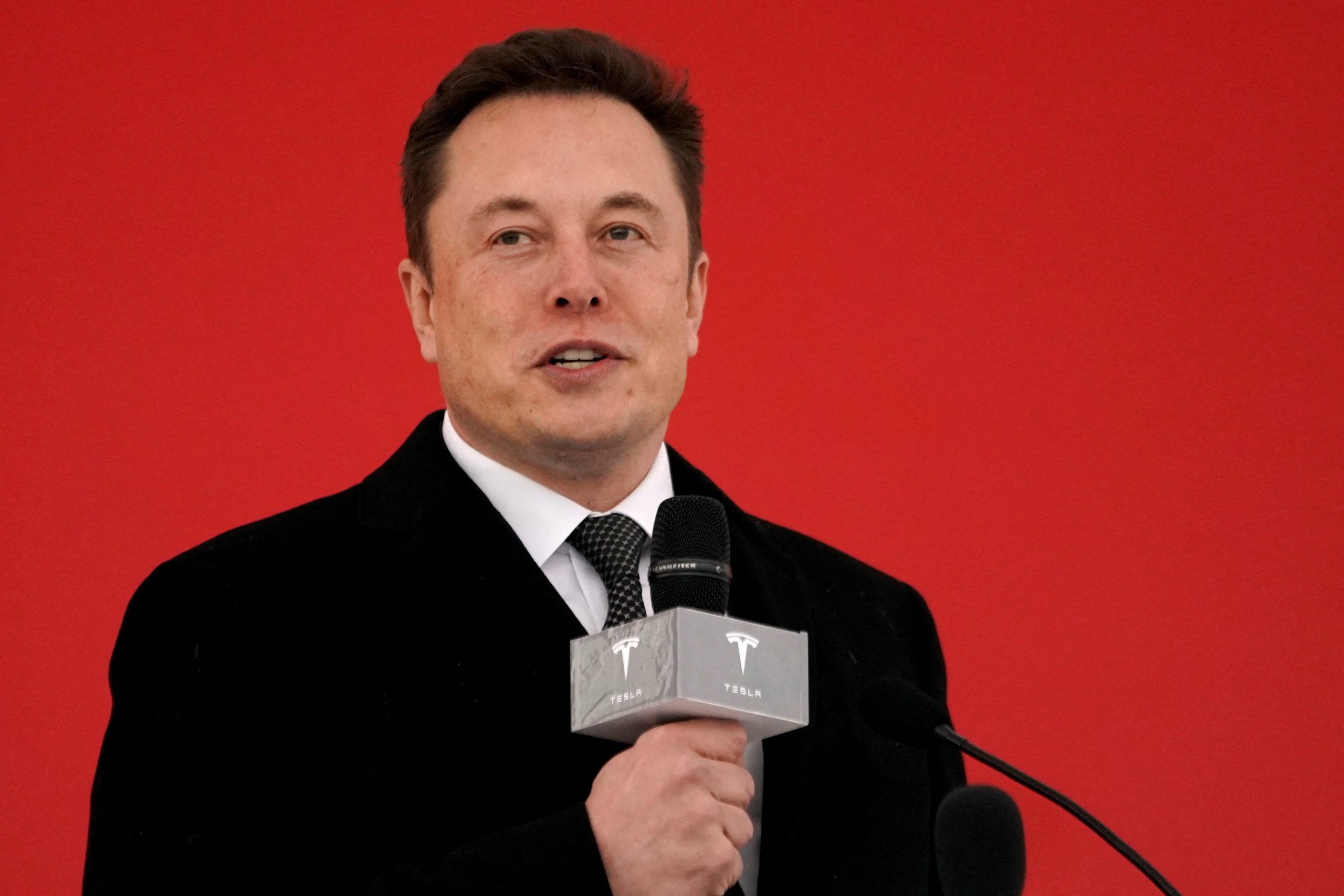
Savannah Hulsey Pointer, FISM News
[elfsight_social_share_buttons id=”1″]
Tesla CEO Elon Musk announced via Twitter that he would be paying over $11 billion in taxes this year, via a tweet that has since gone viral and stirred a bit of controversy.
Musk, thought to be the world’s richest person, is no stranger to the news, but Sunday saw him offer a claim about his personal finances, without any extra details, that had some asking how that could possibly be.
According to The Wall Street Journal, Musk has a net worth of $243 billion as of Sunday, according to the Bloomberg Billionaires Index. The bulk of that wealth is in both Tesla and in his rocket company, Space Exploration Technologies Corp, if public reports are to be believed.
While Musk is no stranger to controversy, in this case he was in a virtual sparring match with Sen. Elizabeth Warren (D-Mass.) who attempted to call him out after he received Time Magazine “Person of the Year” accolade. That honor didn’t sit well with Warren, who claimed that Musk wasn’t paying taxes at all in an unexpected and unsubstantiated tweet of her own last week.
“Let’s change the rigged tax code so The Person of the Year will actually pay taxes and stop freeloading off everyone else,” Ms. Warren tweeted.
Let’s change the rigged tax code so The Person of the Year will actually pay taxes and stop freeloading off everyone else. https://t.co/jqQxL9Run6
— Elizabeth Warren (@SenWarren) December 13, 2021
The multi-billionaire responded, saying that he will pay more taxes than any American in history this year, a move that might not have been wise for the tech icon.
Musk has been a vocal critic of the proposed tax on billionaires’ unrealized capital gains, saying this is what happens when the government runs “out of other people’s money and then they come for you.”
Mr. Musk is compensated in stock awards and doesn’t accept a cash salary from Tesla. He launched a Twitter poll last month asking people whether he should sell 10% of his Tesla holdings, which voters backed. He framed the poll question in the context of a continuing debate about how some of America’s wealthiest individuals should be taxed.
Sunday’s Twitter exchange was followed by a drop in Tesla shares of around 3.5% which closed them below $900 for the first time since October, according to WSJ.
Other questions about the health of Tesla have been circulating, including a warning Monday from Analysts at the investment bank Guggenheim Partners who said that investments in electric vehicle production might be lower than previously estimated, saying that their share price could take a hit as more companies begin to compete for the electric and autonomous vehicle (AV) market.
“We believe EV adoption may fall short of industry forecasts, particularly in the US due to a less onerous regulatory backdrop and limited product launches in key market segments,” the Guggenheim analyst Ali Faghri said. “We also believe Tesla’s scarcity value from a stock perspective is waning, with significantly more EV and AV-focused companies going public over the last 12-18 months, giving investors more options at lower valuations to get exposure to secular growth in EVs and AVs.”
According to The Guardian, Musk himself has sold around $14 billion worth of Tesla shares since early November when he polled Twitter users as to whether he should hold the stock or sell 10% of his holdings. The response was around 60% positive, as his 67 million followers voted that he should sell. It’s estimated that the taxes on that sale alone could come in around $11 billion to $12 billion, possibly accounting for the massive tax bill.
According to The Wall Street Journal, Musk also faces considerable tax burdens due to California state statutes’ application to his stock options, which are treated as compensation partly earned.
